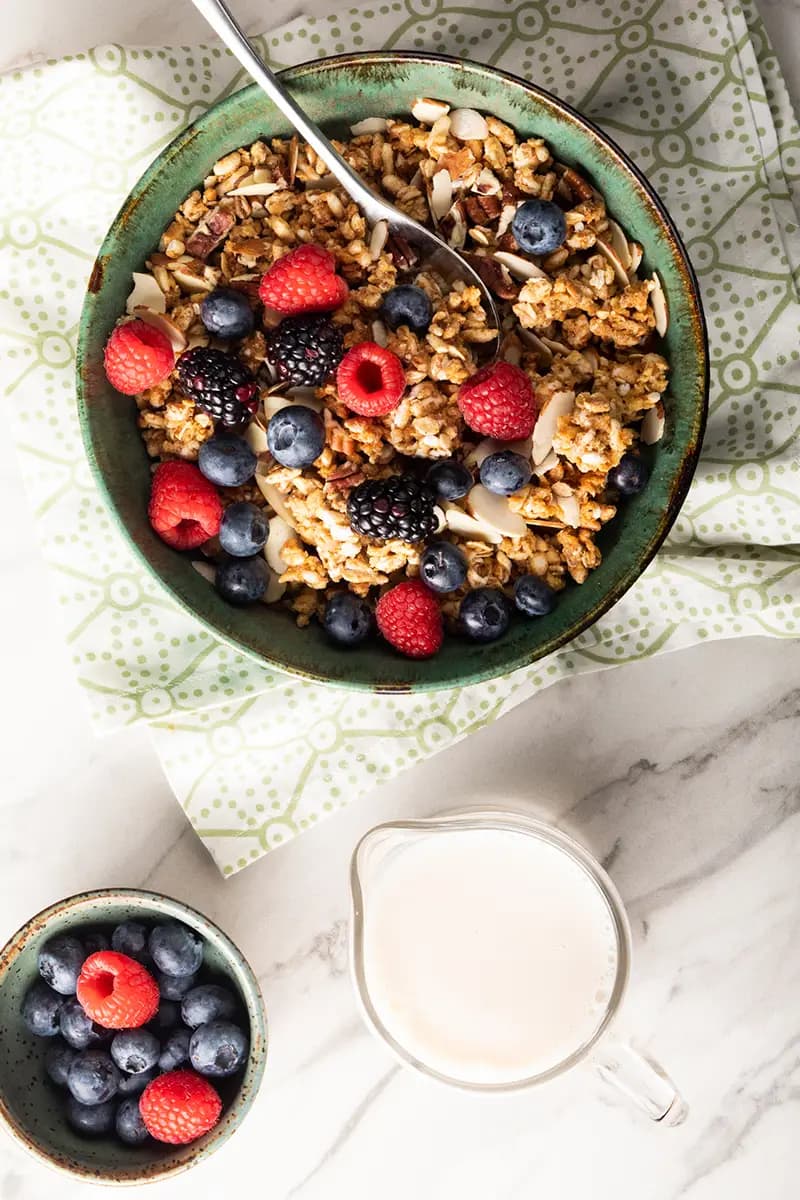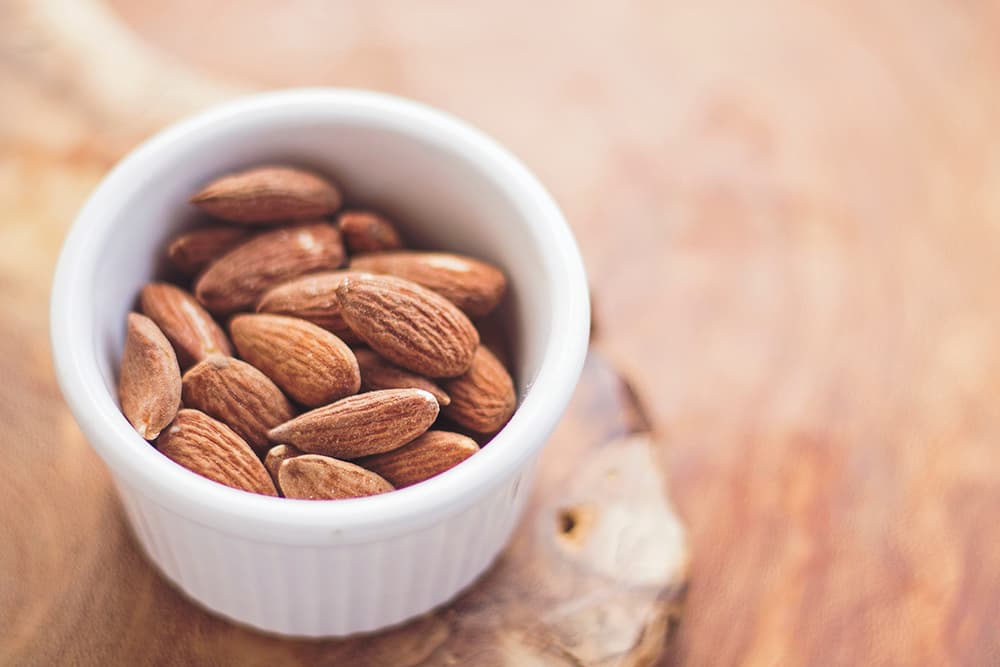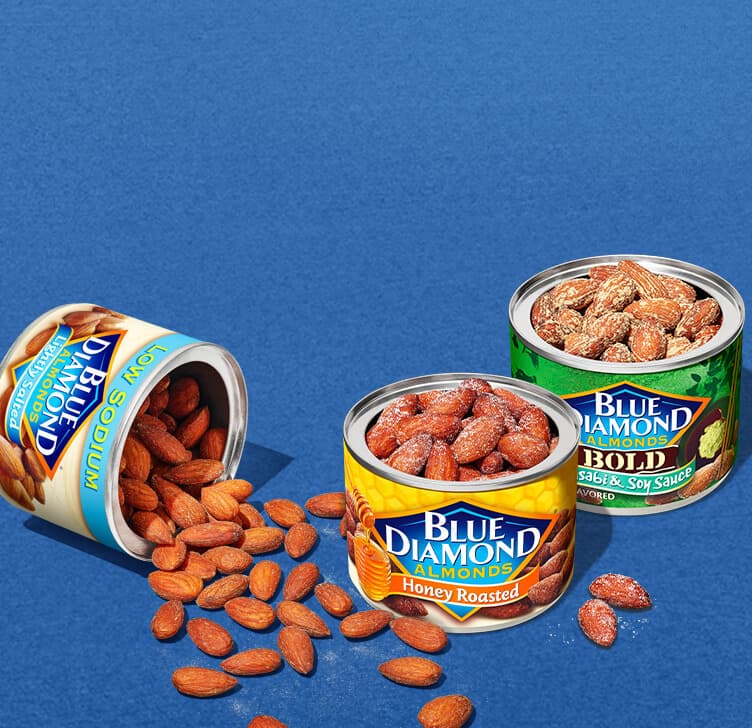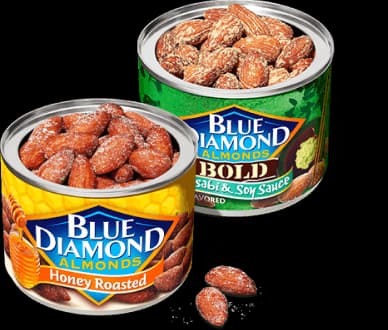

Dietary Fiber: How To Protect Your Heart
Dietary fiber can be found in fruits, veggies, legumes, and whole grains. Although it is a type of carbohydrate, fiber cannot be efficiently used by your body for fuel. However, fiber plays an important role in aiding many different types of health conditions:
- Heart disease – Fiber may help decrease risk of cardiovascular disease (CVD) by improving lipid levels, lowering blood pressure, and inflammation markers1
- Type 2 diabetes – Fiber slows digestion and absorption of food, which may help control blood sugar in people with diabetes after meals2
- Weight management – Although more research is needed, current studies suggest that higher fiber intake may help with weight management by fiber’s role of slowing the speed at which food passes from the stomach to the rest of the gut, increasing the feeling of fullness3
- Gut health – Fiber increases bulk in the gut, which improves bowel movements. Additionally, fiber can serve as prebiotics which can improve good bacteria in your gut and therefore improve digestive discomforts4
The current recommended amount for adults is 28g of fiber per day, however your exact needs may be different based on your energy needs. If planning to increase your fiber intake, be sure to also drink water regularly and make gradual changes so your body can adjust.
Here are some ways to increase fiber in your diet:
- Mix Blue Diamond almonds into your trail mix or eat them whole as a snack
- Add fruit to cereal, yogurt, blend in smoothies, or eat them whole as a sweet afternoon snack
- Chop veggies to add to sandwiches or pastas
- Add beans into your salads or soups
1Academy of Nutrition and Dietetics. Fiber evidence analysis project: Evidence analysis library website. http://www.andeal.org/topic.cfm?menu1586. Updated 2008. Accessed May 28, 2019.
2Academy of Nutrition and Dietetics. Position of the Academy of Nutrition and
Dietetics: Health Implications of Dietary Fiber. https://www.eatrightpro.org/-/media/eatrightpro-files/practice/position-and-practice-papers/position-papers/healthimplicationsfiber.pdf. 2015. Accessed May 28, 2019
3Wanders AJ, van den Borne JJ, de Graaf C, et al. Effects of dietary fibre on subjective appetite, energy intake and body weight: A systematic review of randomized controlled trials. Obes Rev. 2011;12(9):724-739.
4Roberfroid M, Gibson GR, Hoyles L, et al. Prebiotic effects: Metabolic and health benefits. Br J Nutr. 2010;104(suppl 2):S1-63



